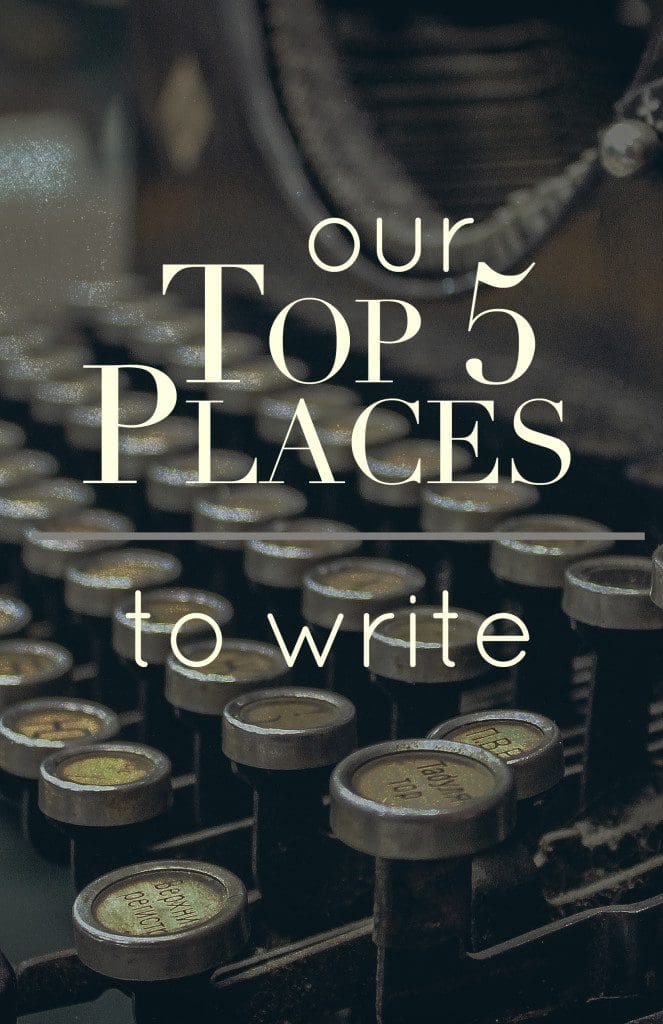TED talks are “ideas worth spreading” in the areas of Technology, Entertainment and Design. In this five-part series, Nicole Bell shares TED talks every writer should watch. Part one featured Elizabeth Gilbert on Your Elusive Genius.
Every writer who has ever put ink to paper or his fingers to a keyboard has experienced this crazy rollercoaster called storytelling. Whether you write fiction, nonfiction, poetry, or blogs, you are ultimately telling some sort of story. Andrew Stanton’s Ted Talk is a little more geared toward fiction writers, but he discusses truths of writing that are applicable across all genres.
*Disclaimer- there is brief language around the 1:05 mark
So what do we do with this information? Stanton just told us that “Storytelling has guidelines, not hard, fast rules.” Rather than scanning your work to make sure it has each one of these, I suggest finding how to best implement these guidelines into your own writing. I’ve broken down what I found to be his main points into 6 guidelines that writers should consider when telling a story:
Make Me Care
This principle is applicable to all writing genres. If your readers don’t find a reason to care, they won’t find a reason to invest, and your book will find itself back on the shelf of your favorite local bookseller in no time. I like how Stanton words this: “It’s making a promise [to readers] that this story will lead somewhere that’s worth your time.” You don’t want to have to keep pulling your readers along; you shouldn’t have to beg them, “Now, stay with me here!” as your story progresses. Rather, they should be eating up your story paragraph by paragraph, dying to see what will happen next.
2 + 2
This principle of two plus two is one of the trickier points Stanton makes. Yes, people like to work for their “meal,” but they don’t want to overwork for it. I’ve seen some painful examples of authors who try to offer 2 + 2 but instead end up giving their readers something along the lines of a basic calculus problem. These authors gave too little information. Not everyone who reads your books will think exactly like you do. Something that may seem obvious to you might not translate well to other people. This is why it’s important to have a good, small circle of friends from different backgrounds who can let you know when something like this happens in your writing.
Change is Vital
Stanton said “If things go static, stories die, because life is never static.” This is why we say we’d rather watch paint dry than doing something else we believe would be boring; we don’t perceive any of the changes being made. You want to make sure that your writing is dynamic. This doesn’t mean every paragraph has to have a major plot change or character revelation. It does mean that the story has to go somewhere. Remember that promise you made earlier on in the Make Me Care principle? This is one of your main methods by which you keep your audience’s attention .
Strong Running Theme
I cannot stress this principle enough to the nonfiction writers out there. The fiction authors have it a little bit easier on this one, I think. They have a character who has some sort of end goal in sight—a journey, a change of character—that becomes the theme of the story. However, when it comes to nonfiction, I’ve read more books than I would have liked that started on one topic but ended on something almost entirely unrelated. It’s easy to follow rabbit trails in any genre, but in nonfiction it is significantly easier to not return to the main route. Before you begin your book, write down your theme somewhere you will see it every time you go to write. When you’re done with a section, read what you’ve written and ask yourself: Does this directly and effectively get my theme across to readers? (Be mindful of the 2 + 2 principle here as well).
Invoke Wonder
What is wonder? Merriam-Webster defines it as, “something or someone that is very surprising, beautiful, amazing, etc.” The way you invoke wonder into your writing is something you have to discover for yourself. Perhaps you’ll find you have a particular way you like to string words together. Or maybe you have a knack for choosing just the right vocabulary for your writing. I wish I could give you a formula or trick to figure this one out, but the mystery of wonder makes it tricky to nail down. Reflect on moments that filled you with wonder—what specifically about that moment/scene made you feel that way? Go from there!
Use What You Know
My writing professor once told me, “I can’t use the word ‘tentacles’ in my poetry. I know nothing about them except what I’ve seen on TV shows and movies. I can, however, use the word ‘grits’.” Now, this doesn’t mean that we can’t ever write about something we personally haven’t experienced—it just means we will write best about topics we know firsthand. Stanton explains, “Use what you know. Draw from it. It doesn’t always mean plot or fact. It means capturing a truth from your experiencing it, expressing values you personally feel deep down in your core.” I know nothing about skate culture. I’m an East Coast suburbia girl who was involved in the performing arts. It would take a lot of research for me to understand skate culture well enough to write something extensive about it. I can, however, talk about how a skater would feel after his best friend commits suicide. Or about how a flight attendant fell in love with the woman of his dreams. Loss, love, anger, joy—these are shared experiences to which anyone can relate. These are the things that should shape your story.











